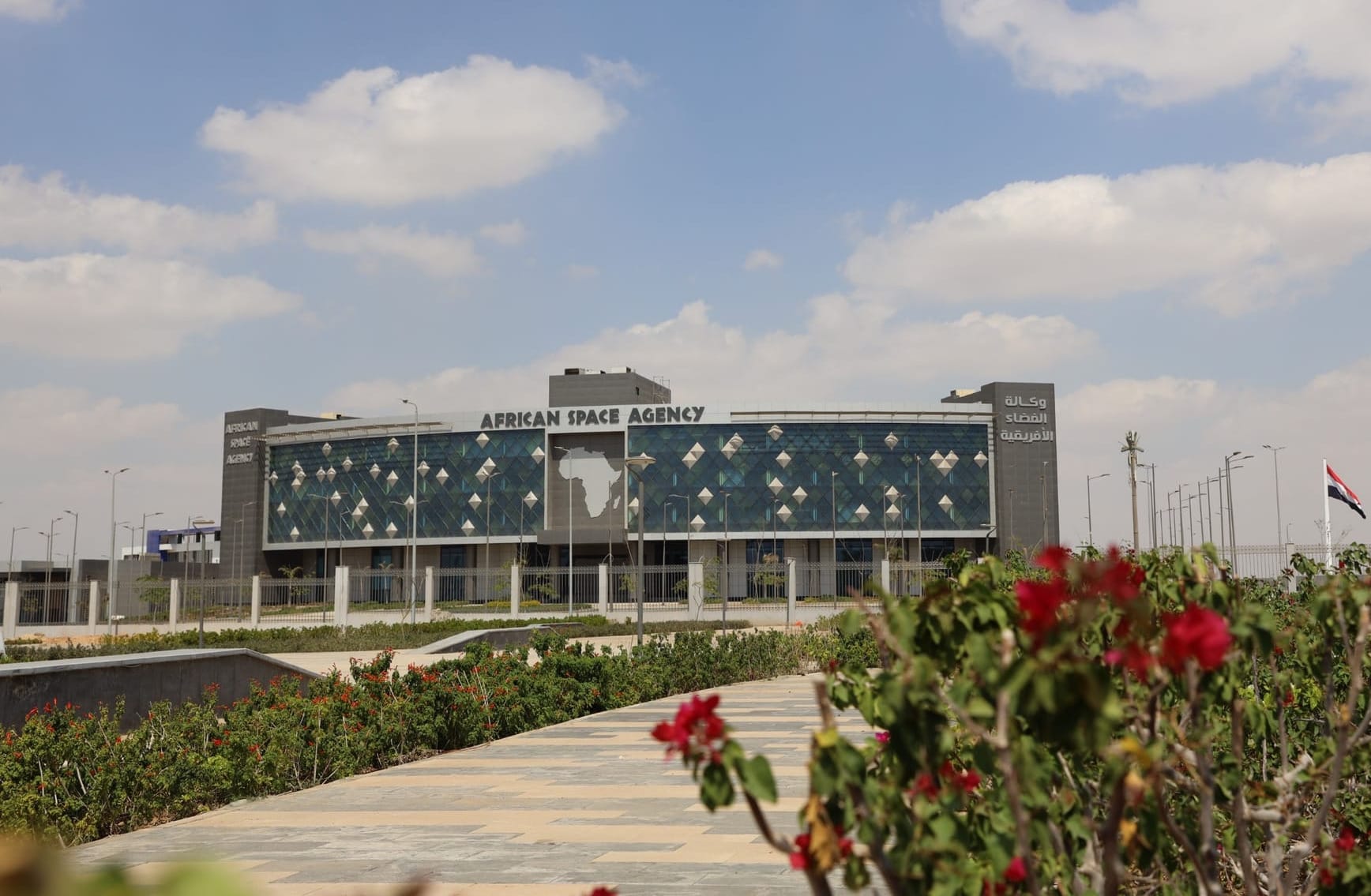Table of Contents
On April 20th 2025 in Egypt's Space City, the African Space Agency (AfSA) was inaugurated at its new permanent headquarters, located in Cairo. The inauguration comes after almost a decade of strategic planning by the African Union.
With the inauguration, the AfSA will be the primary entity coordinating Africa’s space cooperation with various international partners while enhancing space missions across Africa, ensuring optimal access to space-derived data, information, services, and products. Additionally, once fully integrated into national, regional, and continental programmes, the agency aims to eliminate duplication and inefficiencies within the African space ecosystem.
Various officials representing global space agencies attended the inauguration, including NASA, the European Space Agency, the Japan Aerospace Exploration Agency, among others, to begin cooperative relations between agencies. The European Space Agency notably signed a Memorandum of Understanding on Earth observation programs, joint training initiatives, and technical support with AfSA on April 20th.
Prior to the inauguration, the African Union elected AfSA's ten-member African Space Council to lead the new space agency. The members elected to the council are Dr Tidiane Ouattara of Côte d’Ivoire as President, Dr Rakiya Babamaaji of Nigeria as Vice President, Dr Lisho Mundia of Namibia, Amal Layachi of Morocco, Aboubaker Hassan Ali of Djibouti, Dr Éliane Ubalijoro of Rwanda, Amin Mestar of Algeria, Fernand Guy Isseri of Cameroon, Fatimé Hamat Daoussa of Chad.
According to AfSA, the role of the council is to advance the agency's operationalization, coordinate agency activity, while guiding continental space policymaking, allocating resources, overseeing regulations, and managing African space industry stakeholders, including governments and international partners, to facilitate favourable partnerships in space science and technology. The council is also expected to ensure that AfSA policy will align with the Africa 2063 goals. Speaking in February, AfSA President Dr Tidiane Ouattara called on the continent to invest in space, stating:
“Space is no longer a luxury; it is a necessity. From agriculture to security, from climate monitoring to disaster response, Africa’s survival and prosperity depend on its ability to harness space technologies.” – "Africa is a sleeping giant in the space economy. With a projected revenue of $22 billion by 2026, we are barely scratching the surface of our potential. We must move from being passive users to active creators of space knowledge, services, and solutions.” – “The future of space lies in collaboration. We must build a critical mass of skilled professionals and create an enabling environment for startups and [small and medium enterprises] to thrive.”
AfSA has currently outlined two strategic goals to drive the agency: ensuring space-derived products and services are harnessed to inform decision-making and address economic, political, social, and environmental challenges across the continent; and developing and expanding indigenous space capabilities within both the private and public sectors, fostering a coordinated, effective, and innovative African-led space programme that prioritizes self-reliance, collaboration, and sustainable growth.

In the lead up to its inauguration, the AfSA selected its logo via a continent-wide call to young Africans for submissions. AfSA's logo was selected in February, with a submission by the 22-year-old Remy Fadhil Bouelet from Cameroon winning.


